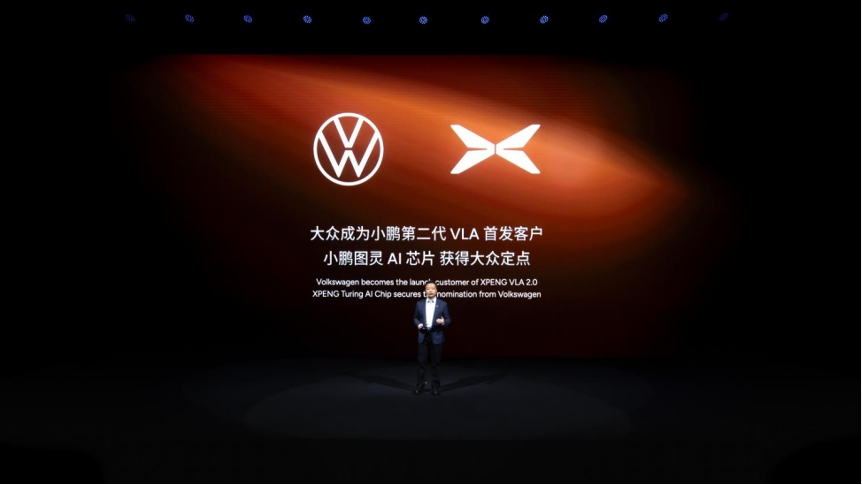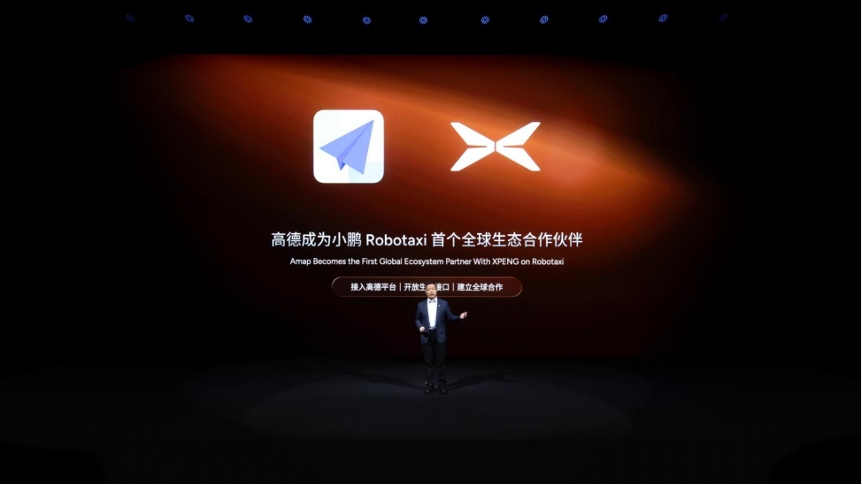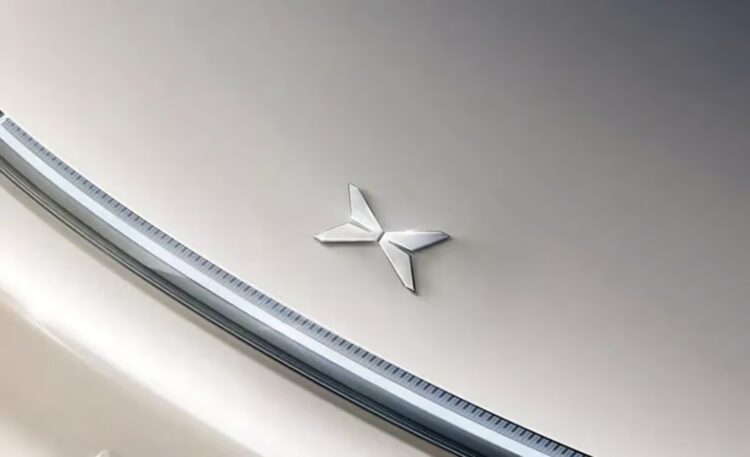The Chinese automaker, Xpeng has unveiled its new VLA 2.0 self driving system at the company’s AI day. Additionally, Volkswagen has been confirmed as the launch customer for the model and has also selected XPENG’s Turing AI chip for future applications.
The system according to Xpeng, bypasses the traditional AI language processing method with its new architecture called “Vision–Implicit Token–Action”. Simply put the VLA 2.0 can directly convert what it sees into actions, which is claimed to make the AI to respond more naturally and efficiently to complex real-world conditions,

The company also added that the new system is designed to be used across multiple domains, from autonomous vehicles and humanoid robots to flying cars. The system is said to be able to run on vehicles with 2250 TOPS of computing power, compared to the tens of millions of parameters typical in most in-car AI systems.
The VLA 2.0 will also have a new feature known as the “Navigation-Free Automated Driving Assistance.” This new feature is stated to allow the car to perform automated lane changes and turns without relying on navigation systems.

As mentioned above, Volkswagen will be the first car manufacturer to incorprate this new system in its models. Additionally, Xpeng plans to open the VLA 2.0 to global partners to accelerate collaboration in the emerging field of physical AI.
Along with the VLA 2.0 system, Xpeng also unveiled its Robotaxi, which according to the company is set to become China’s first first fully self-developed and mass-produced autonomous taxi. The Robotaxi relies solely on pure vision technology, operating without lidar or high-definition maps, enabling it to adapt to different road and traffic conditions globally. This is made possible as the Robotaxi uses XPENG’s VLA 2.0 and VLM models for ultra-low latency decision-making

During the launch, the automaker also put forward two new concepts; shared, driverless Robotaxis and privately-owned L4 “Robo” vehicles, both sharing the same core technology and safety architecture. The “Robo” intelligent driving trim will launch in 2026, offering advanced autonomy for individual users.
To build a wider ecosystem, XPENG will open its Robotaxi SDK to global partners. The company also announced a partnership with Amap, which will jointly roll out Robotaxi services worldwide.
(Source: Xpeng Press Release)


